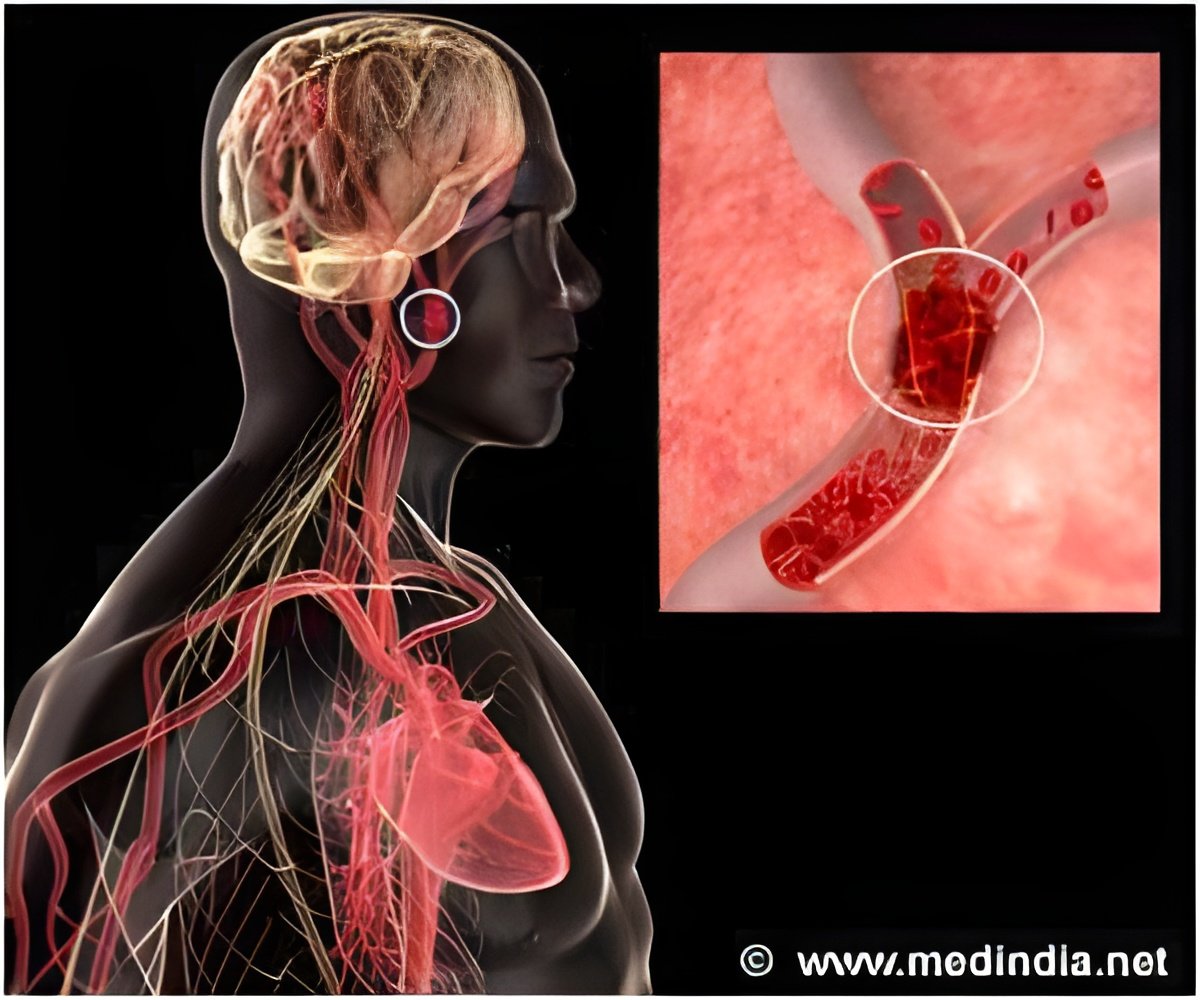Biological age is an important factor in a patient's recovery after stroke and better stroke recovery is another benefit of healthy aging.

‘Biological age was estimated by analyzing a particular characteristic in DNA molecules that change over time (degree of methylation at 71 specific sites throughout the genome of the individual).’





Researchers analyzed 600 adults with ischemic stroke (clot-caused stroke) who were assessed in Hospital del Mar in Barcelona. Biological age was estimated by analyzing a particular characteristic in DNA molecules that change over time (degree of methylation at 71 specific sites throughout the genome of the individual). Researchers found DNA structure changes as a person gets older, so the extent of change can be used as an estimate of biological age. Other indicators that may also predict a patient's recovery are neurological status at admission, degree of changes in mobility after stroke, and promptness of the restoration of blood flow in the brain.
The findings suggest biological age is an important factor in a patient's recovery after stroke and better stroke recovery is another benefit of healthy aging, researchers said.
Source-Eurekalert















